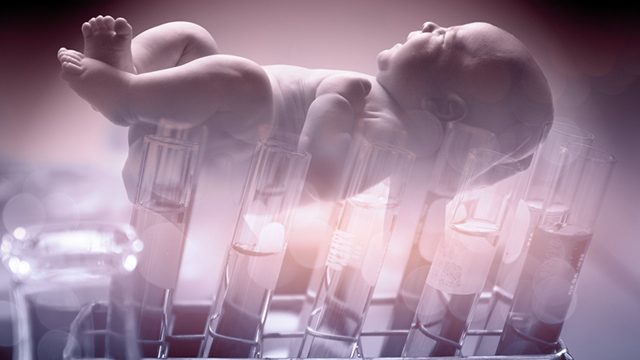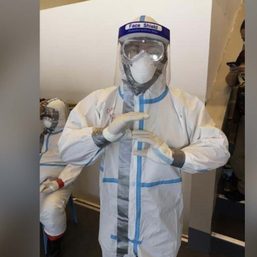SUMMARY
This is AI generated summarization, which may have errors. For context, always refer to the full article.

BEIJING, China – The Chinese hospital linked to a controversial experiment purporting to have created the world’s first genetically-edited babies denied its involvement Tuesday, November 27.
Shenzhen Harmonicare Women and Children’s Hospital said in a statement that it suspected the signature on a document approving the experiment, specifically its adherence to ethical standards, was falsified.
It has also asked police to investigate.
“We have always firmly opposed the development of genetic experiments that violate human ethics and morality,” the hospital said on its website.
The experiment, which was led by Chinese professor He Jiankui, claims to have altered the DNA of twin girls born a few weeks ago to prevent them from contracting HIV, and has prompted a heated debate among the scientific community.
Some warned that exposing healthy embryos and children to gene editing was irresponsible, while others denounced He’s experiment as premature and dangerous.
Chinese scientists and institutions have also criticized the experiment, with 100 scientists in China issuing a joint statement calling for better state legislation.
“It is a great blow to the global reputation and development of biomedical research in China,” said the statement posted on the Twitter-like platform Weibo.
The university where He works has also distanced itself from the scientist’s experiment.
“This research work was carried out by Professor He Jiankui outside of the school,” the Southern University of Science and Technology said in a statement Monday, November 26.
He has been on unpaid leave since February and his research is a “serious violation of academic ethics and norms”, it said.
The Shenzhen Harmonicare Women and Children’s Hospital too has denied any involvement with He.
In interviews with Chinese media, Cheng Zhen, the general manager of the hospital, said the hospital had not partnered with He, and that he had never even met the man before.
He’s experiment – if it had been carried out – is prohibited under Chinese laws and regulations, according to state media CCTV in a report citing remarks at a Tuesday event by the deputy minister of China’s Ministry of Science and Technology, Xu Nanping.
Specifically, Chinese laws limit in vitro human embryonic stem cell research to a maximum of 14 days, said Xu. – Rappler.com
Add a comment
How does this make you feel?









There are no comments yet. Add your comment to start the conversation.